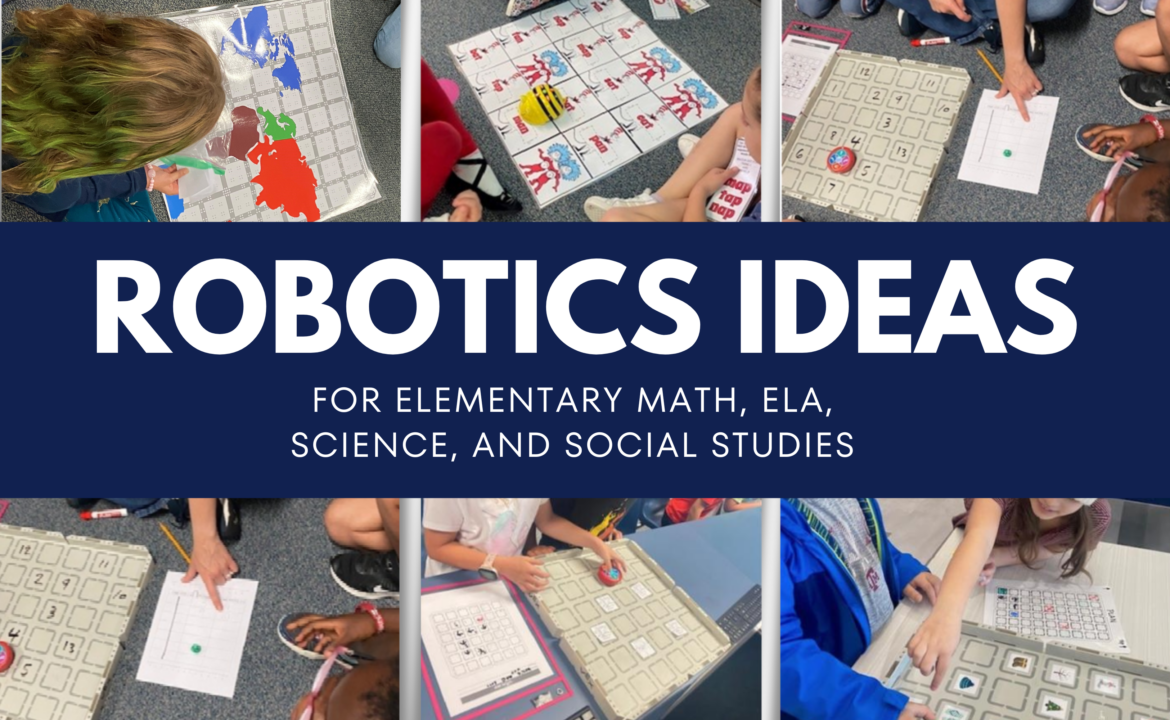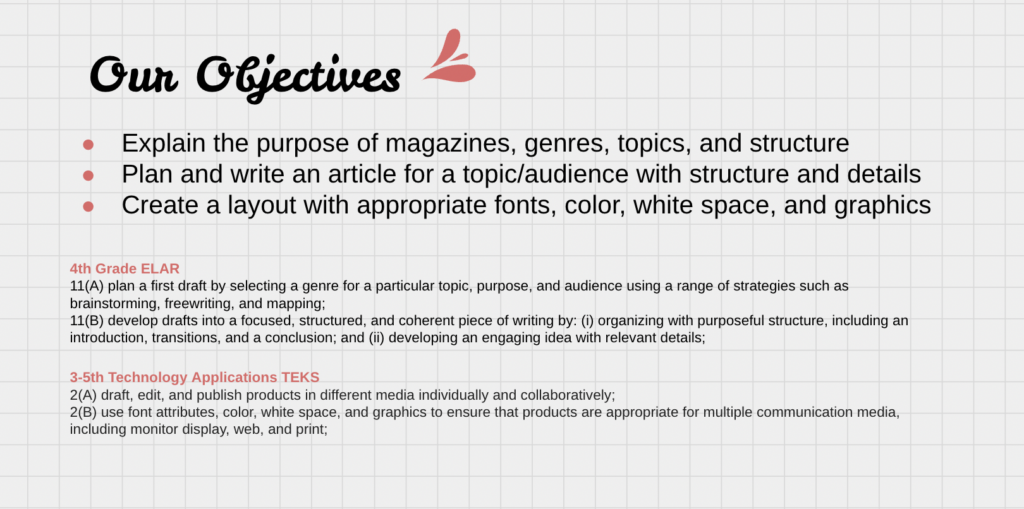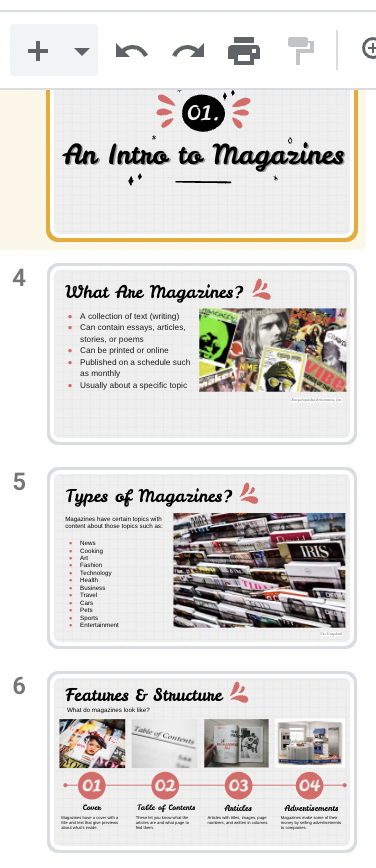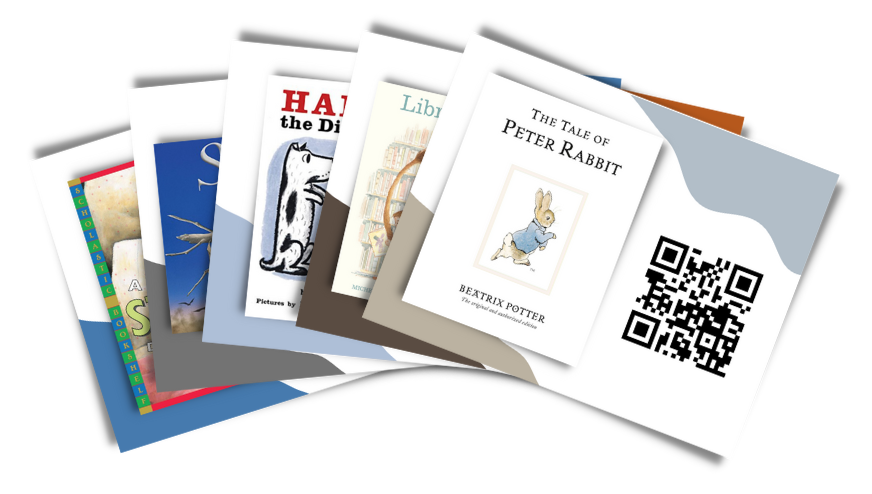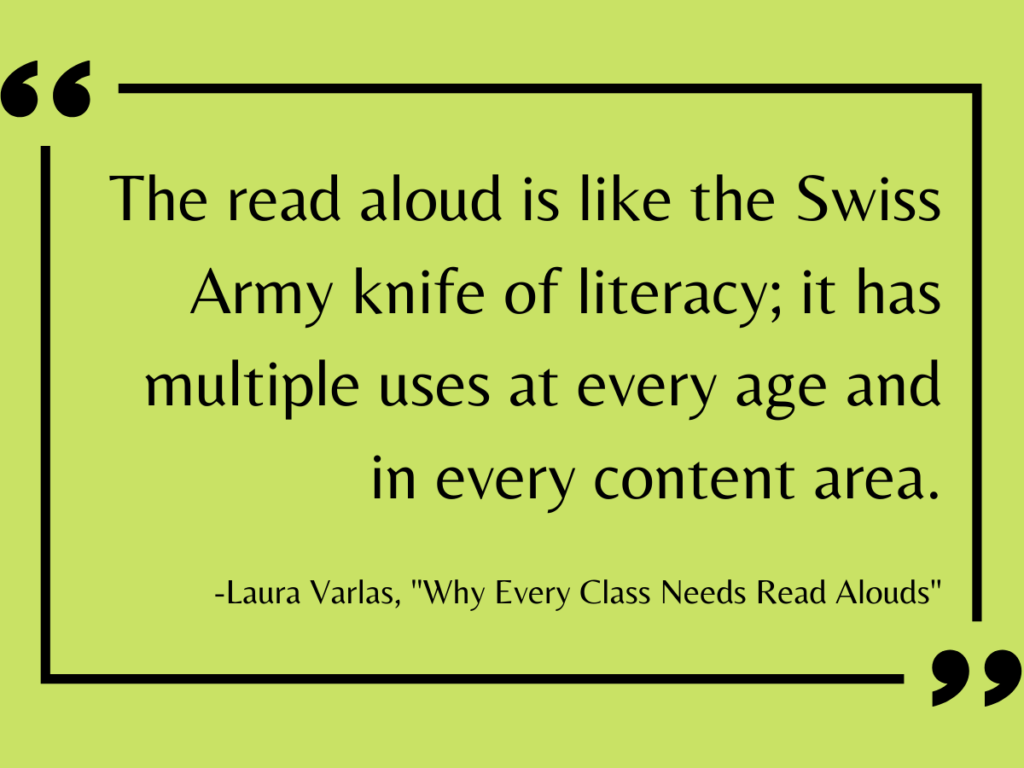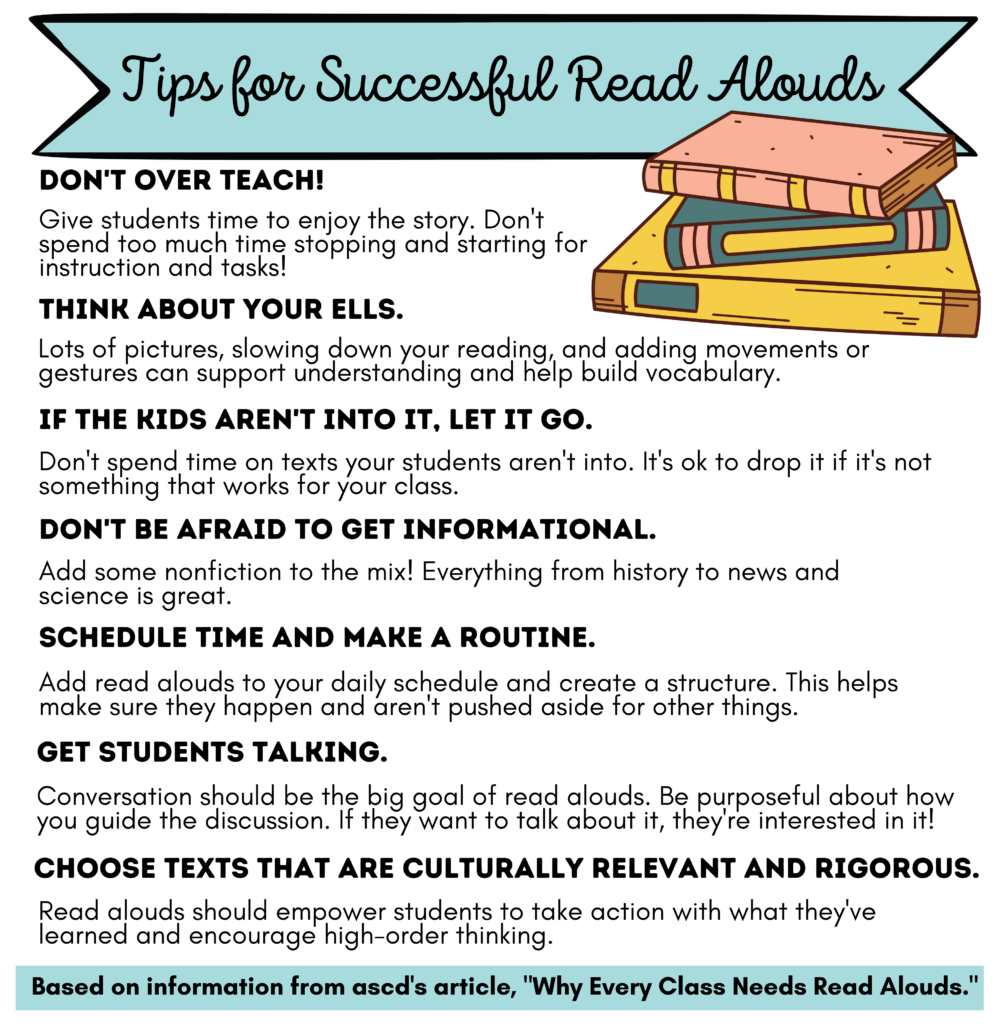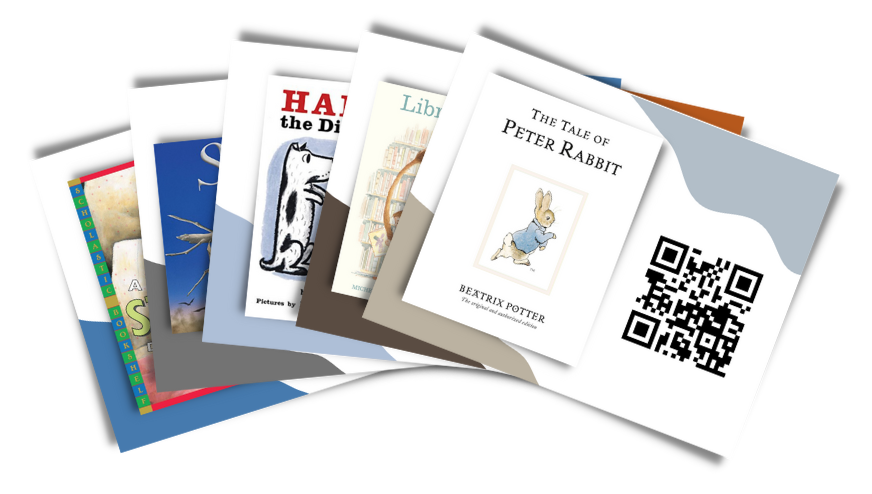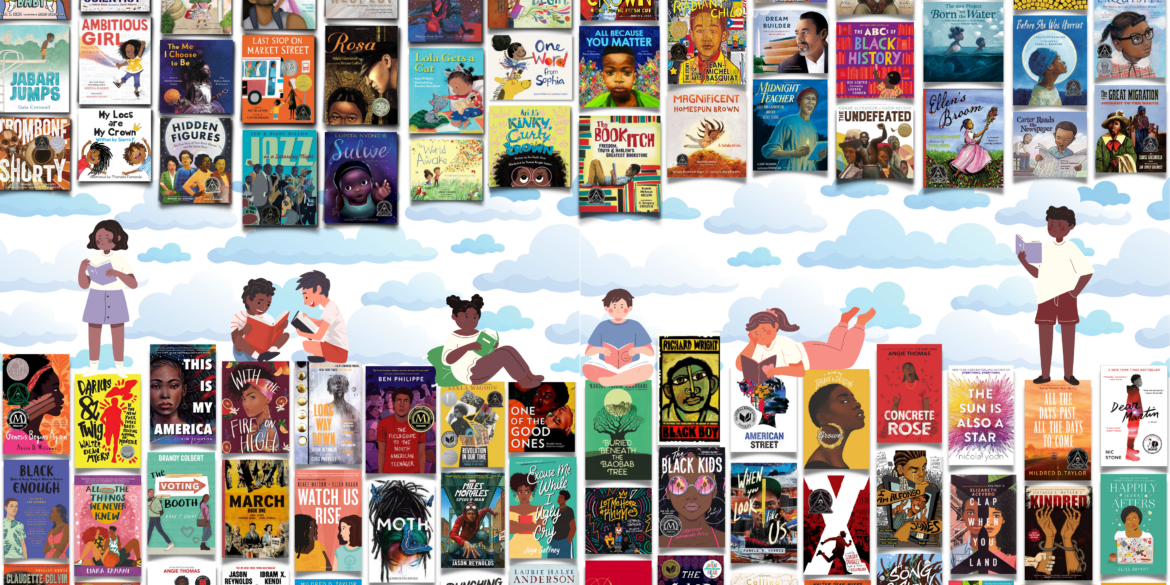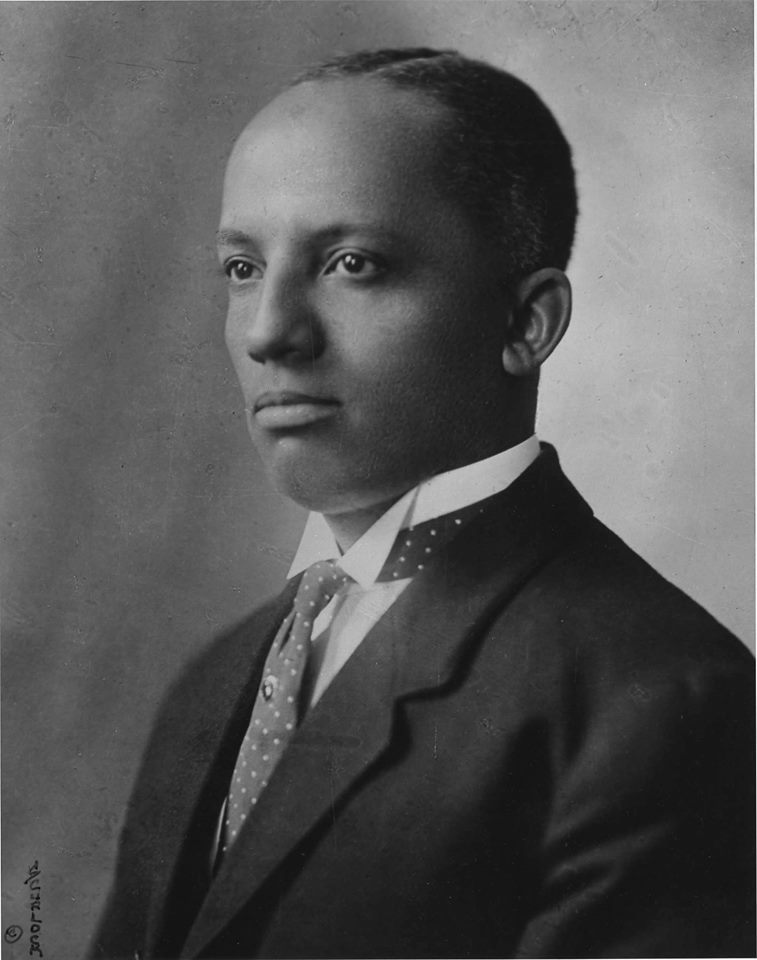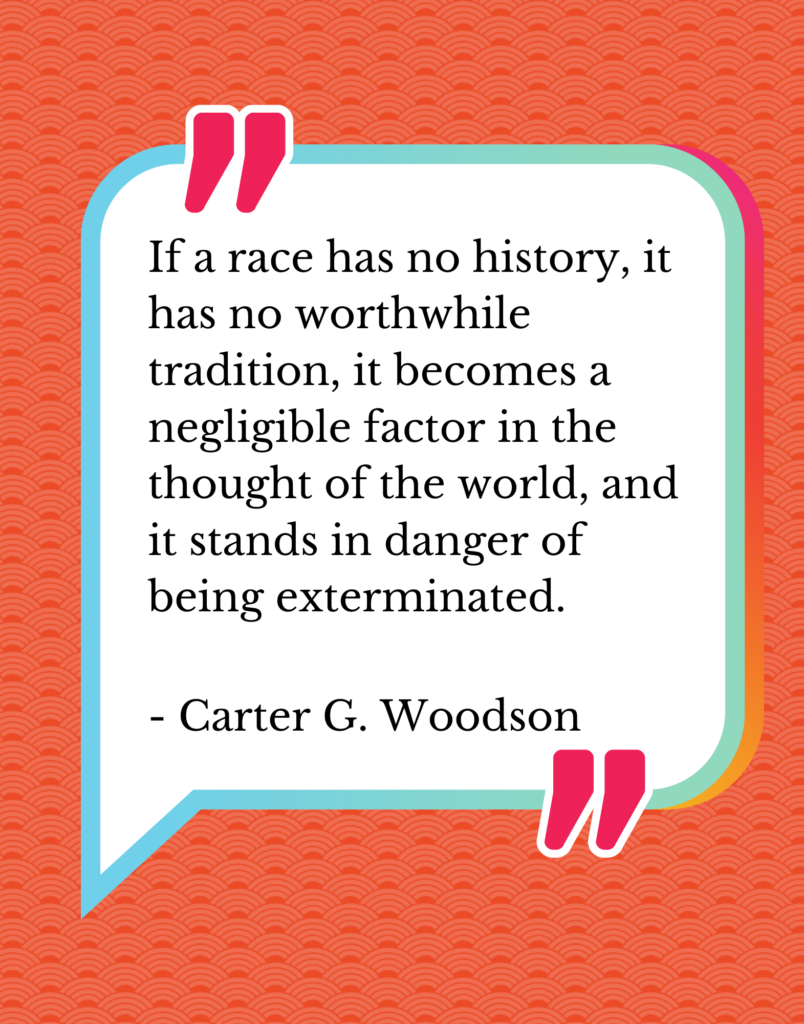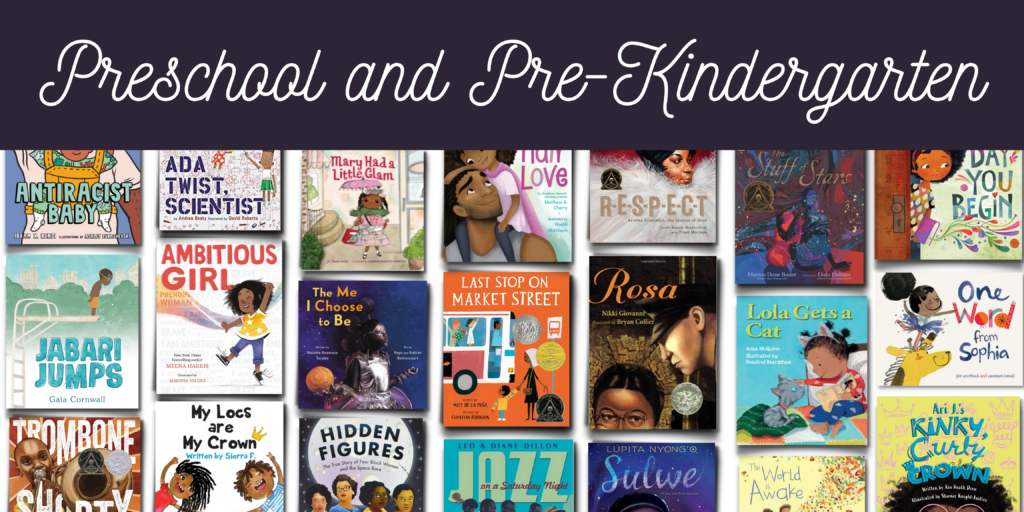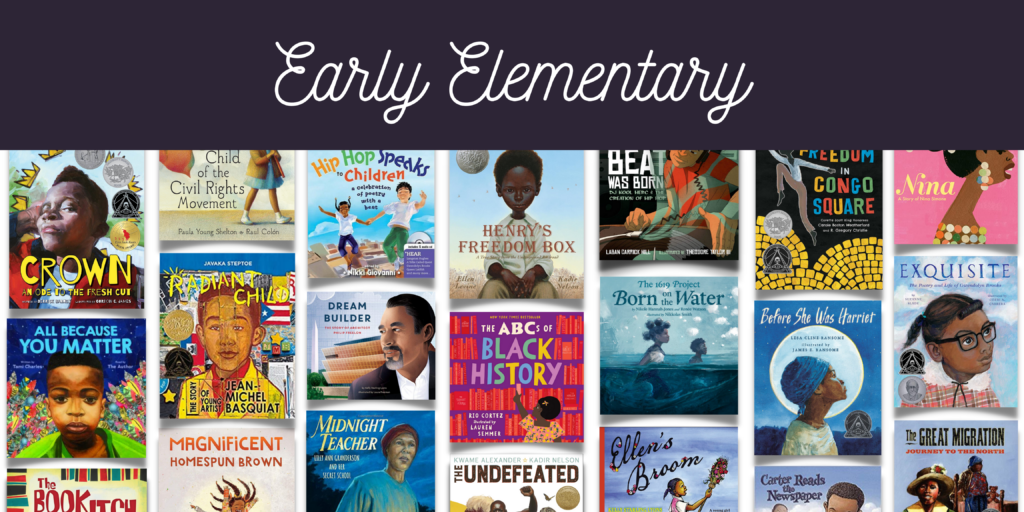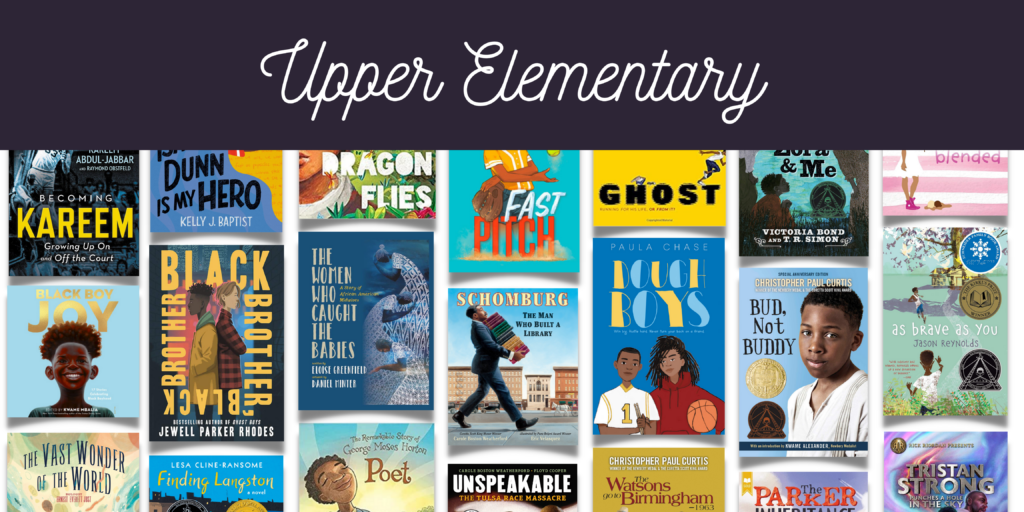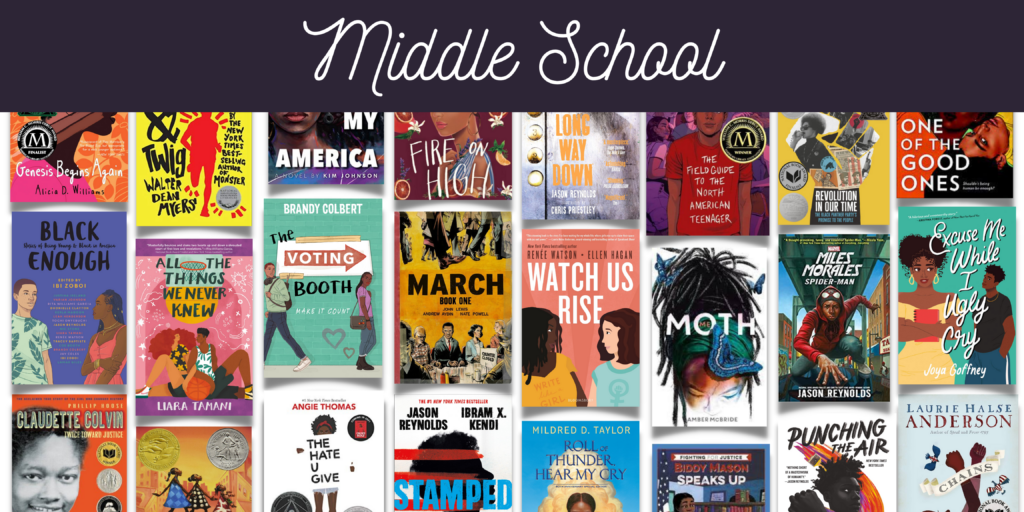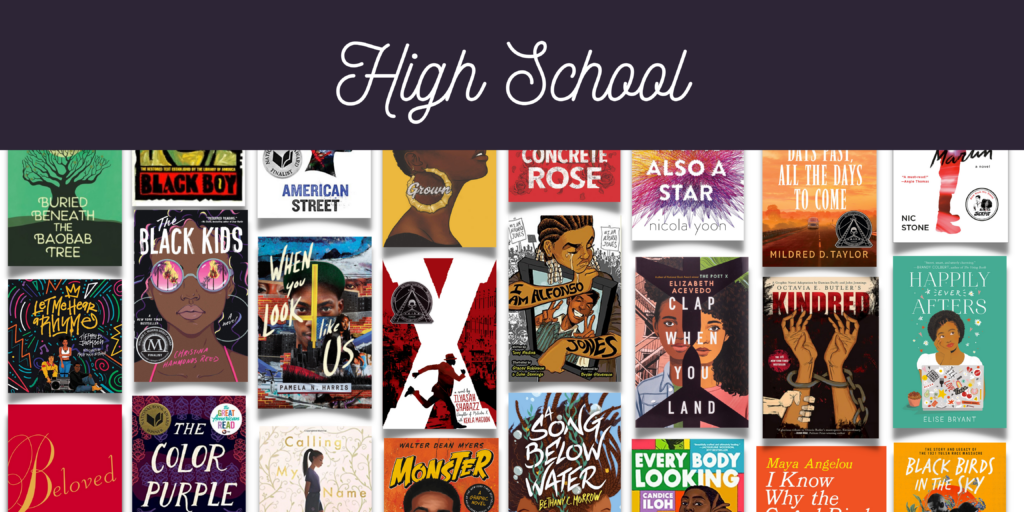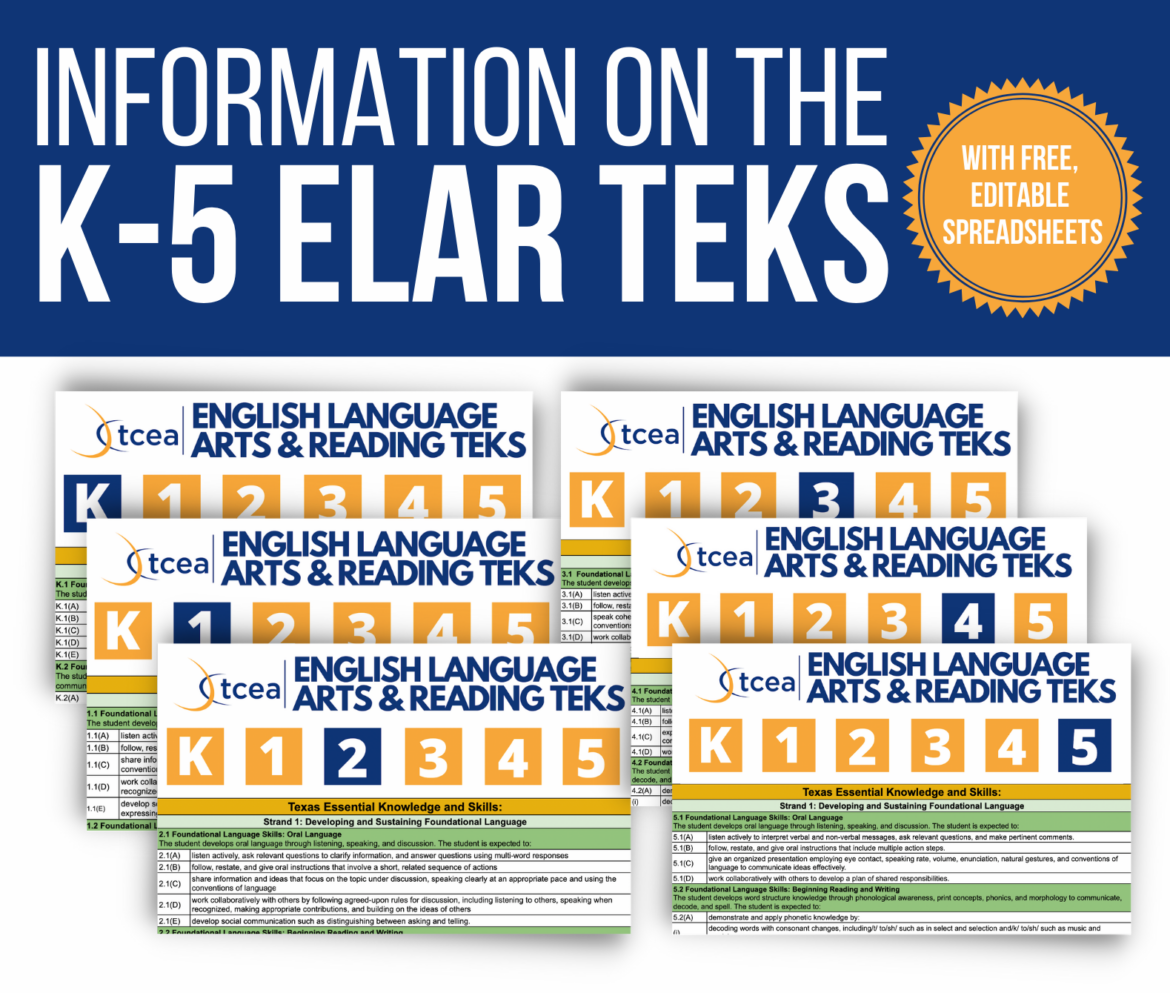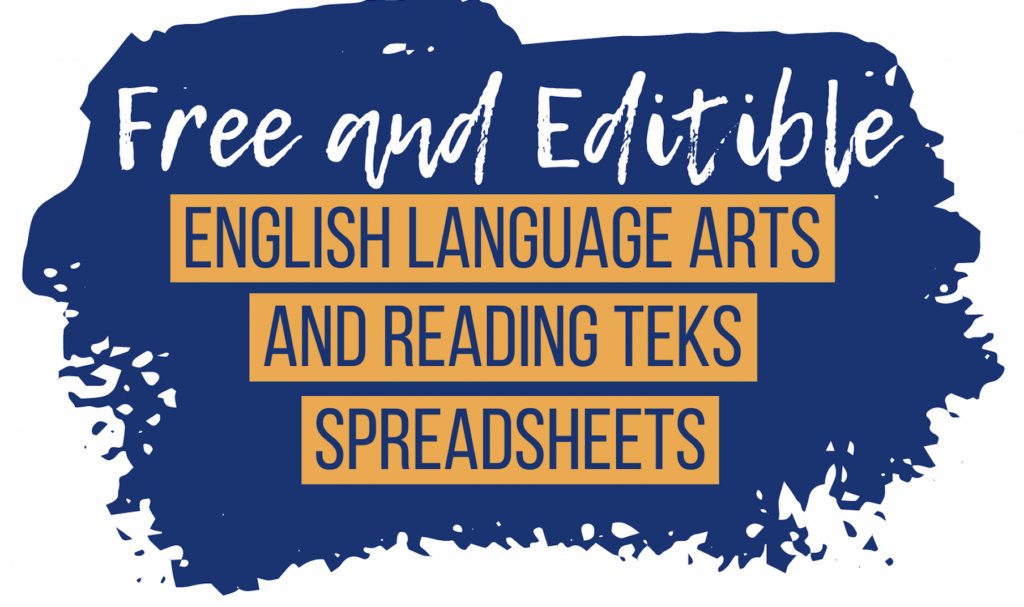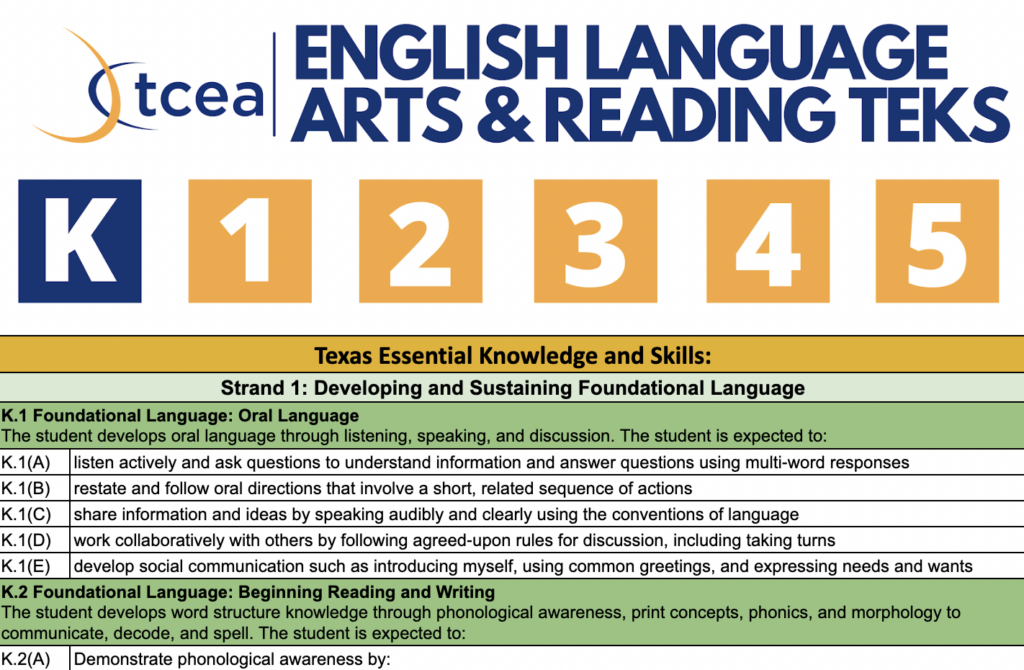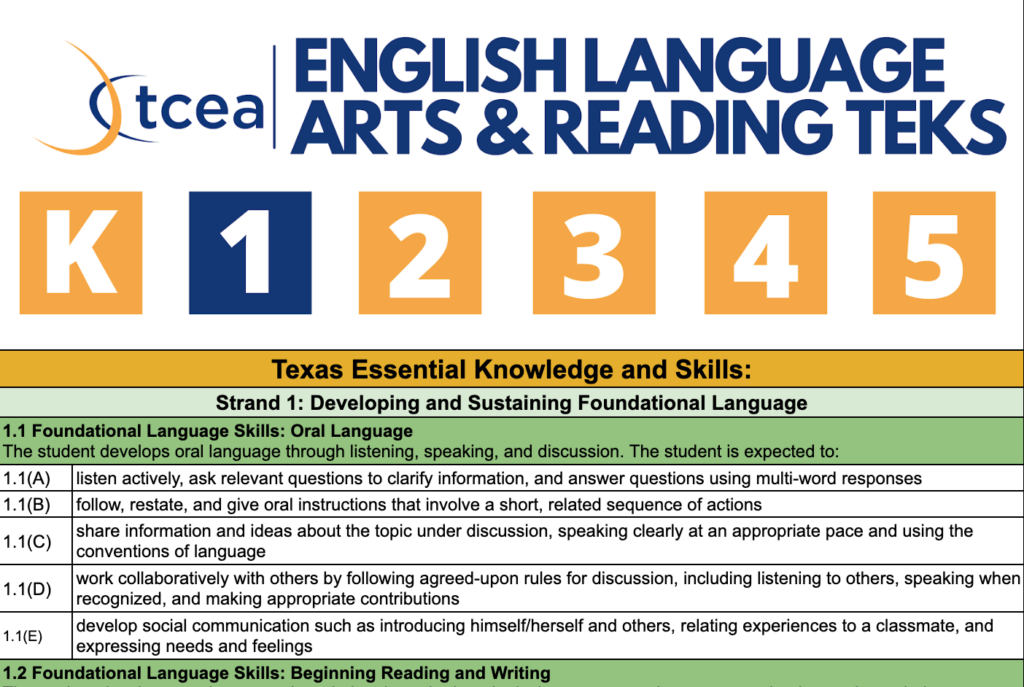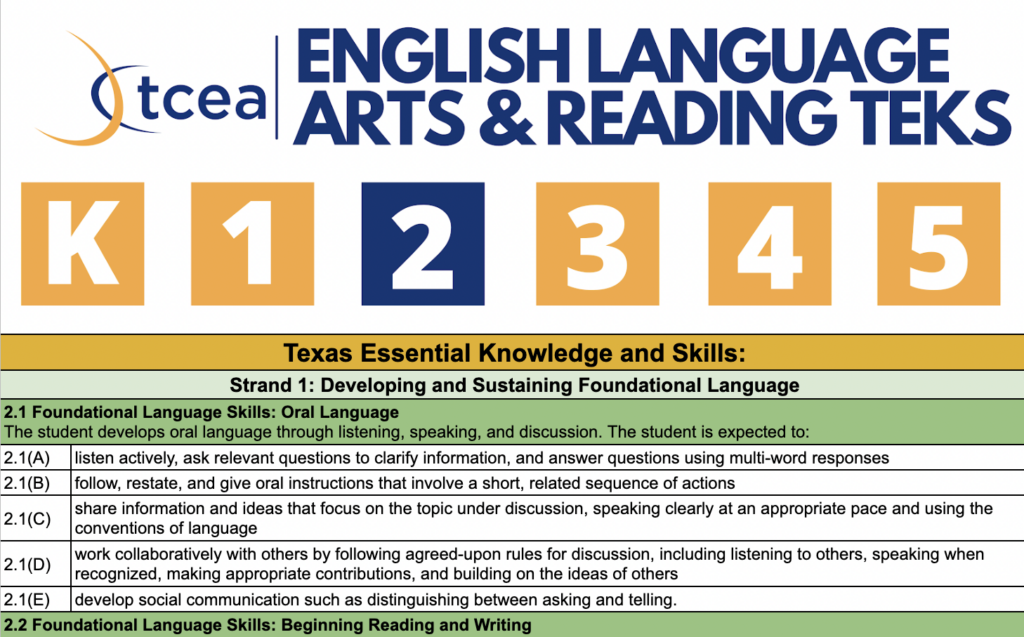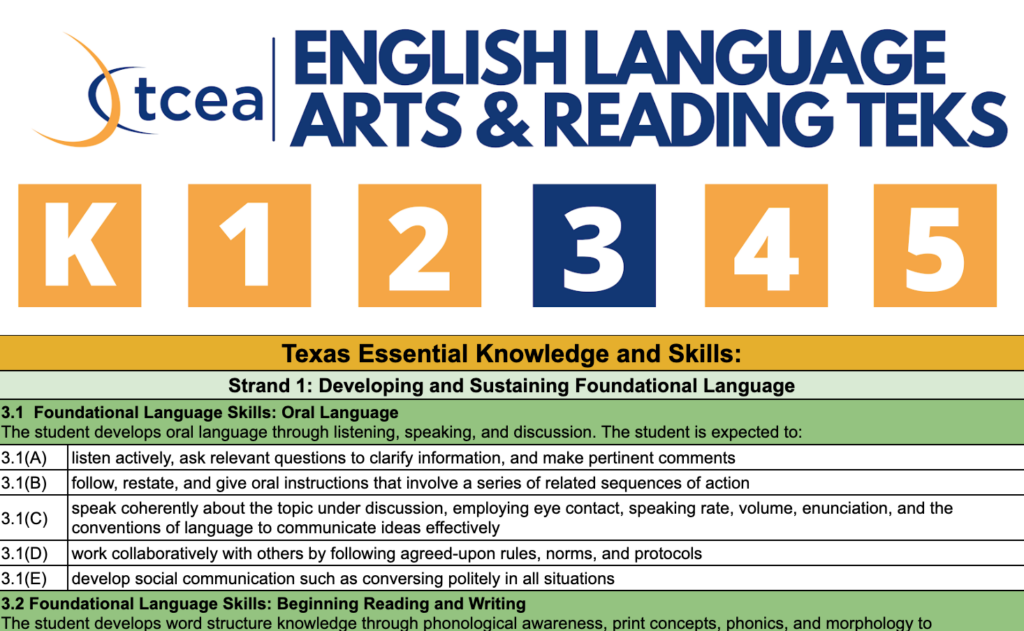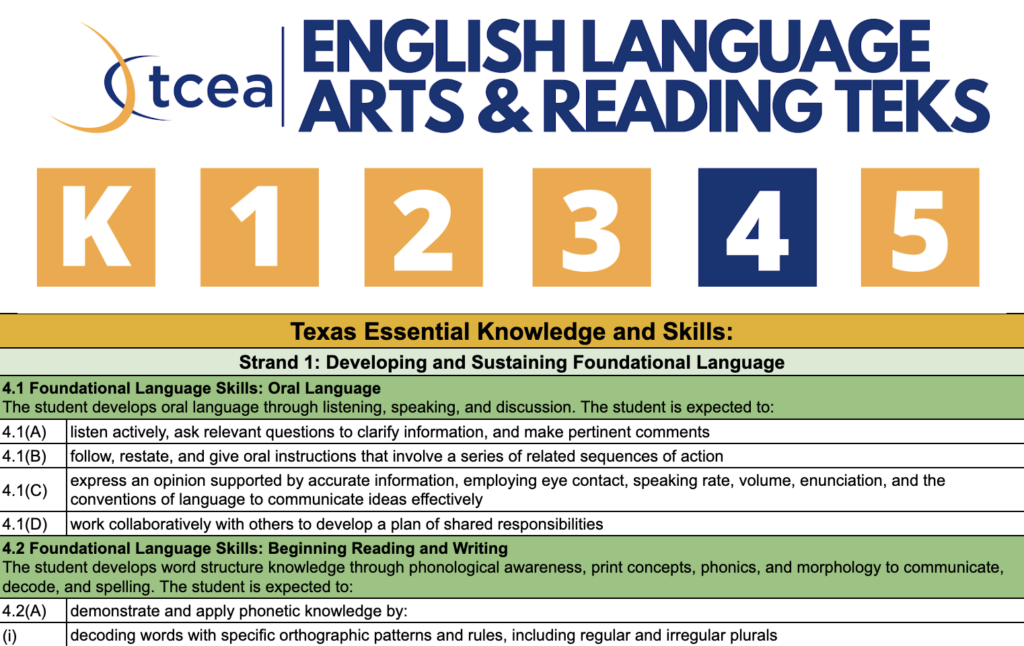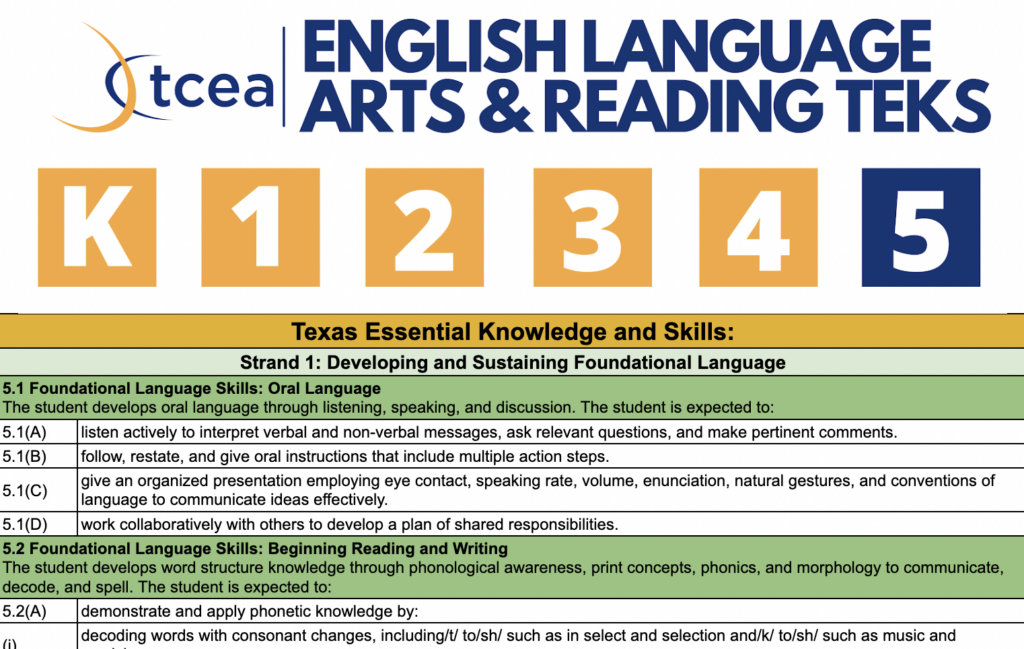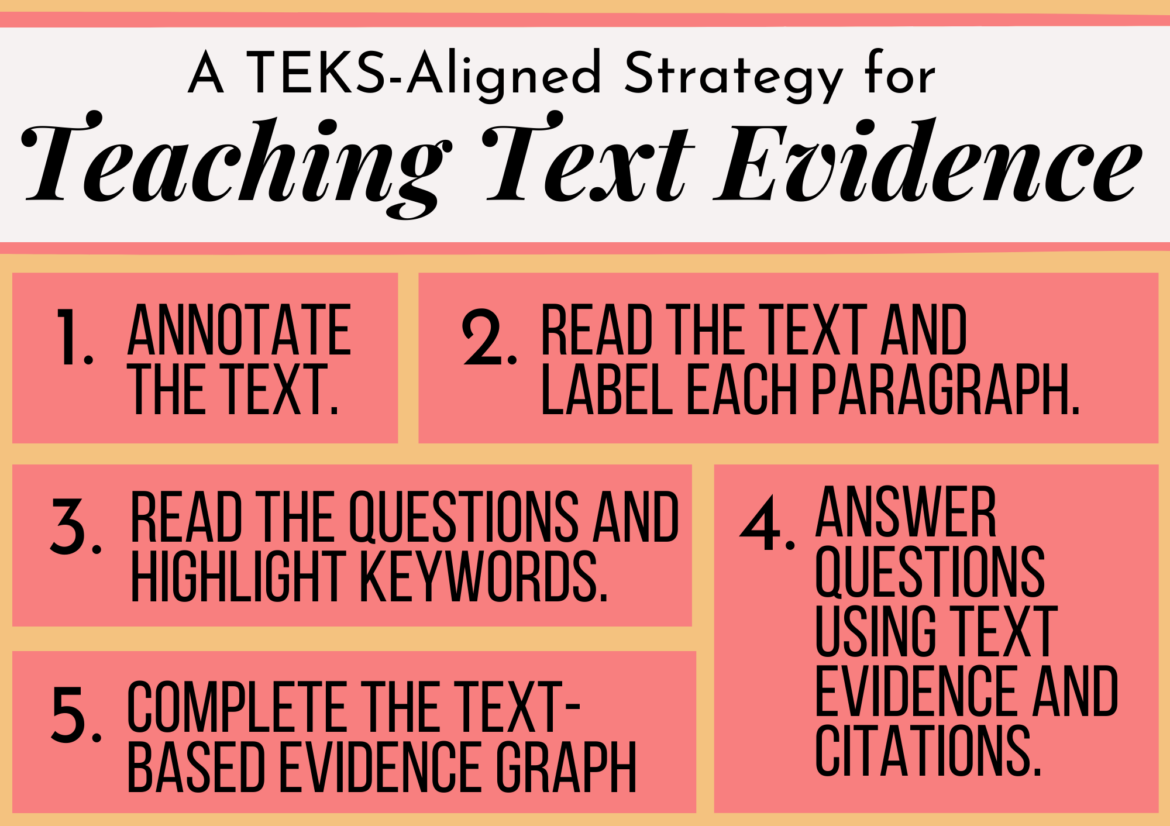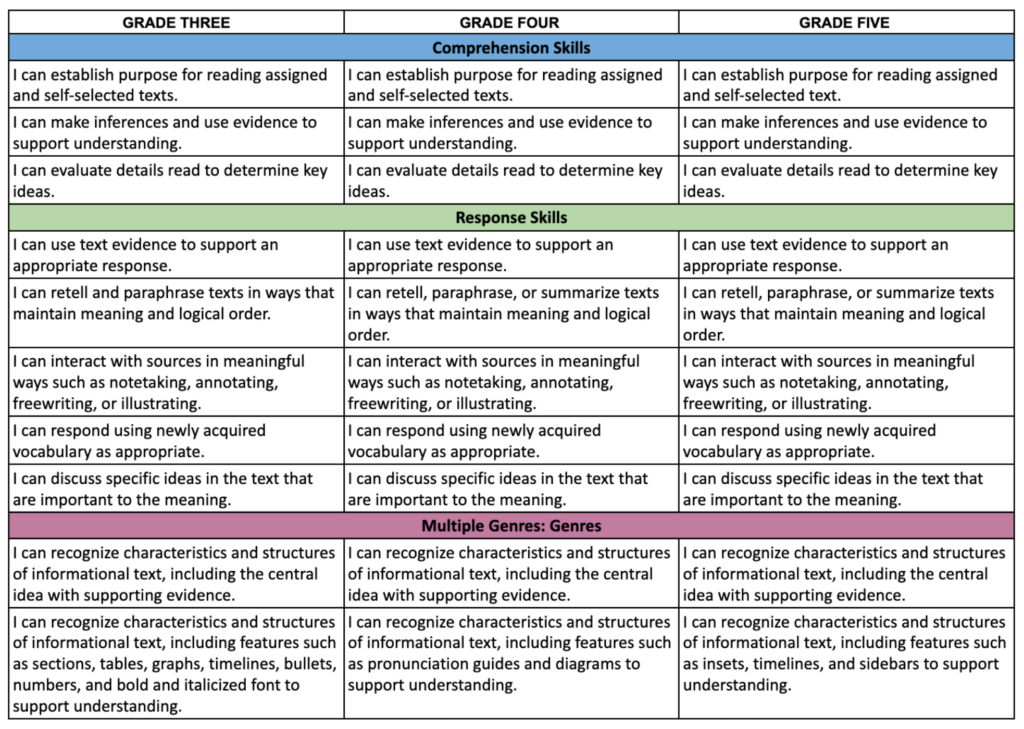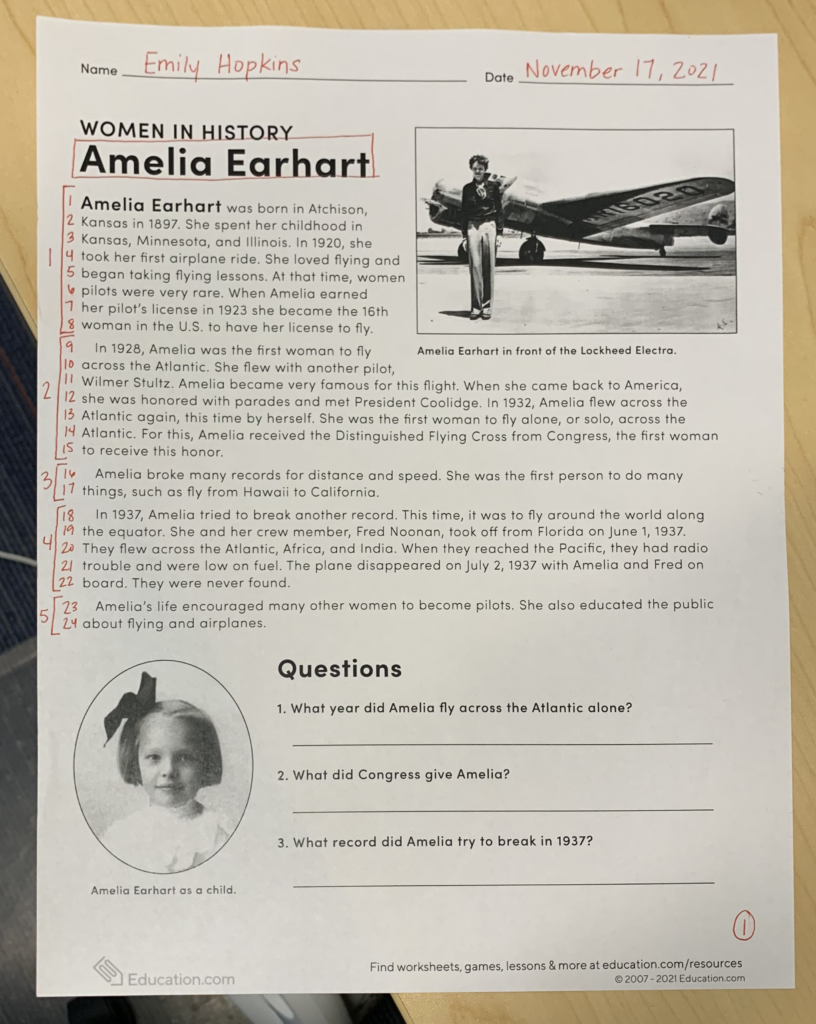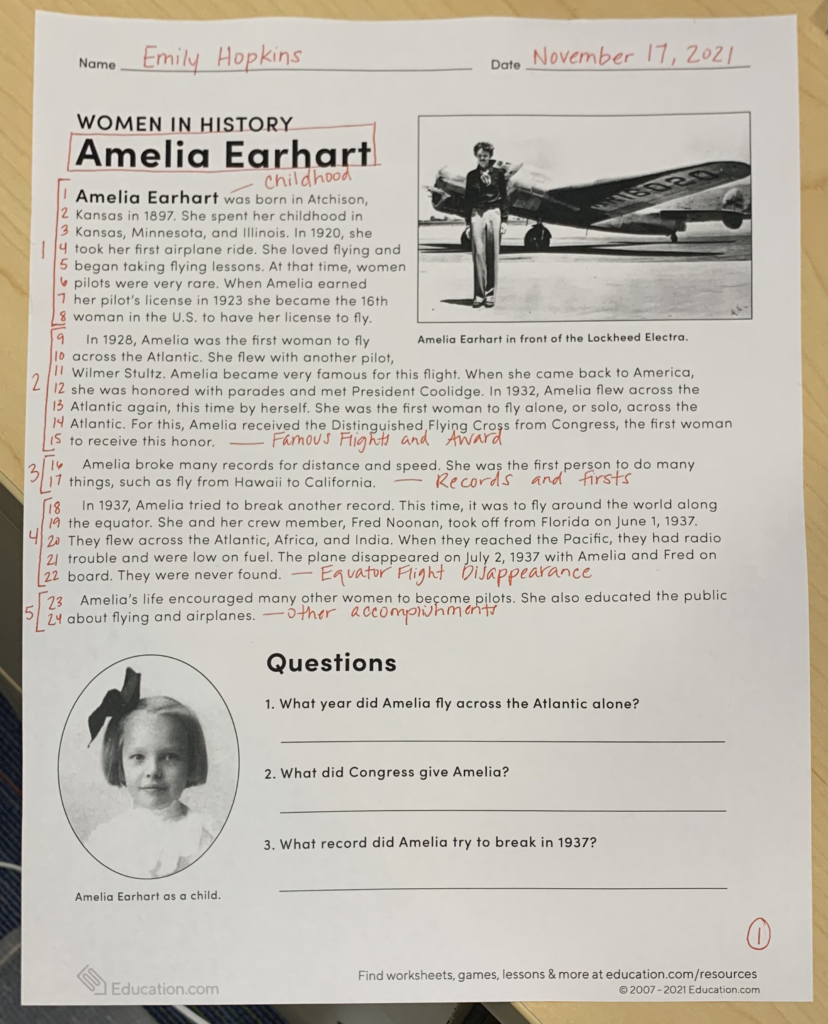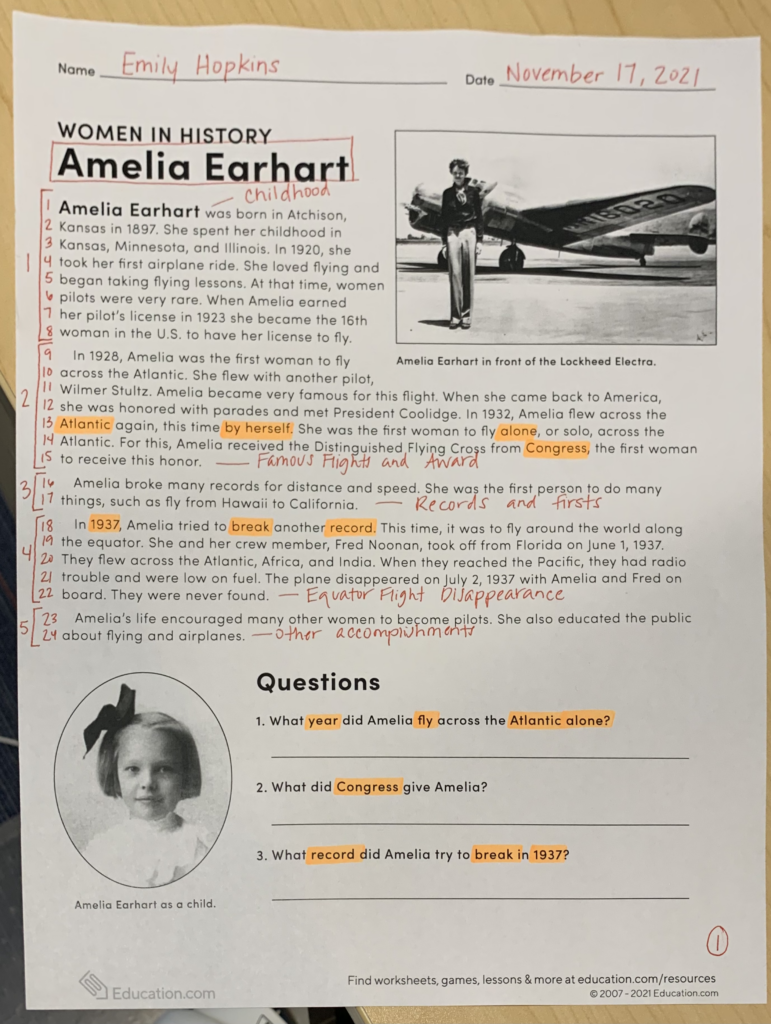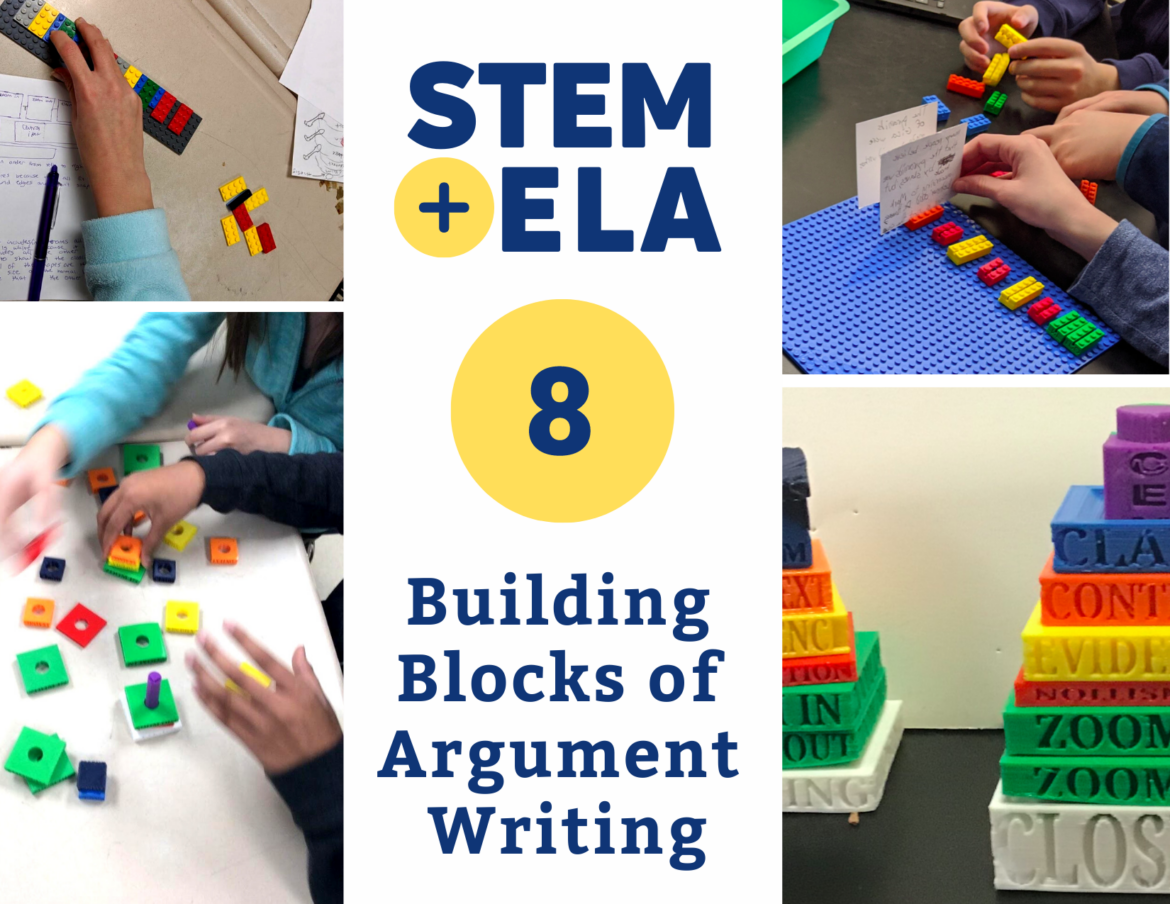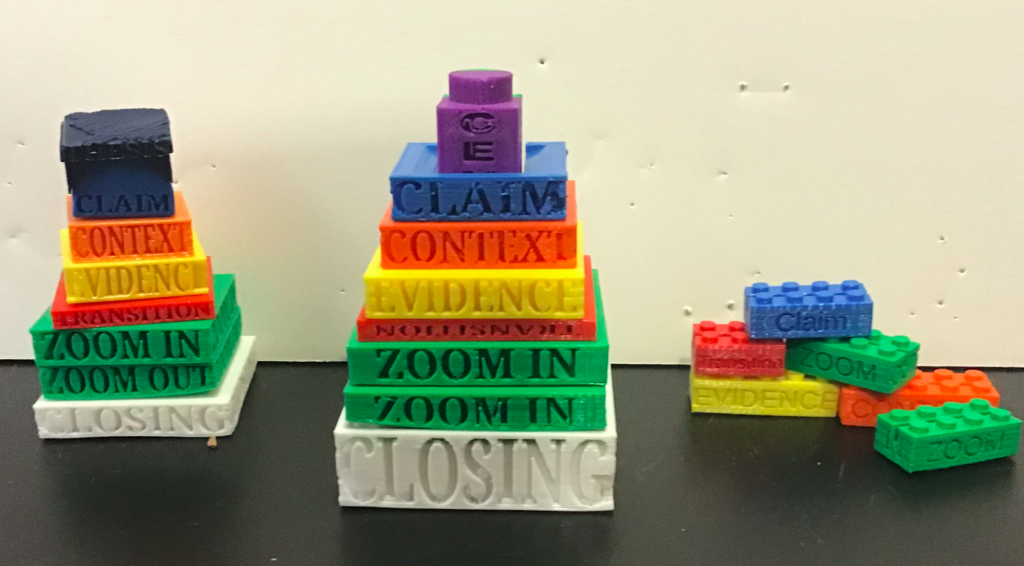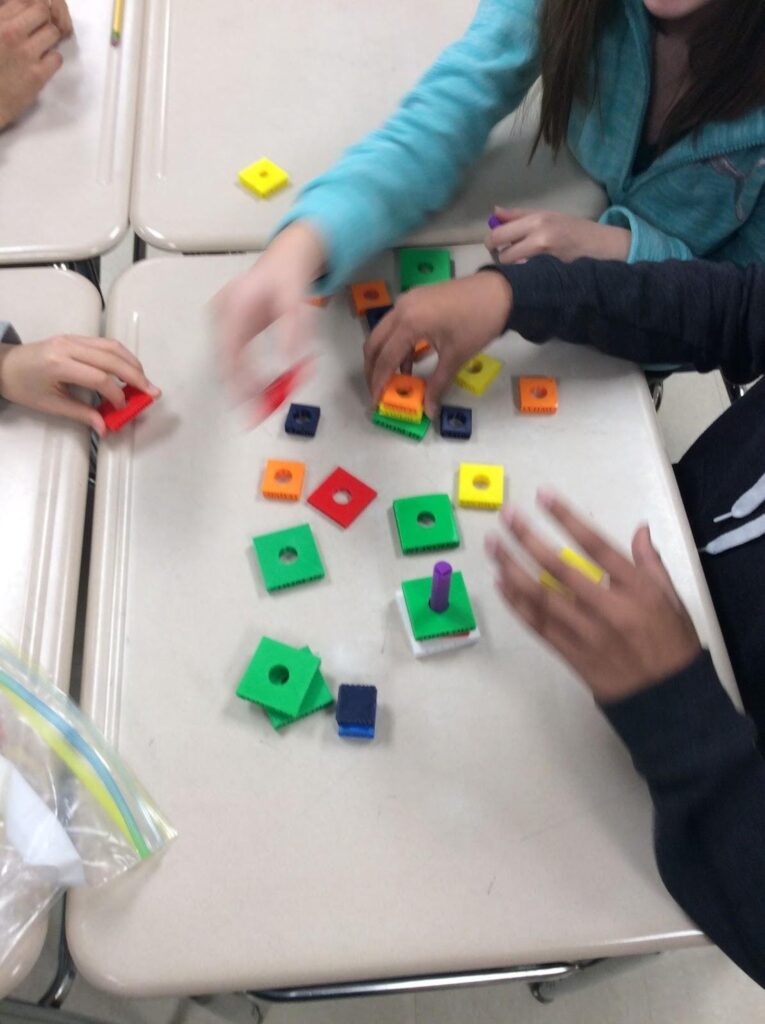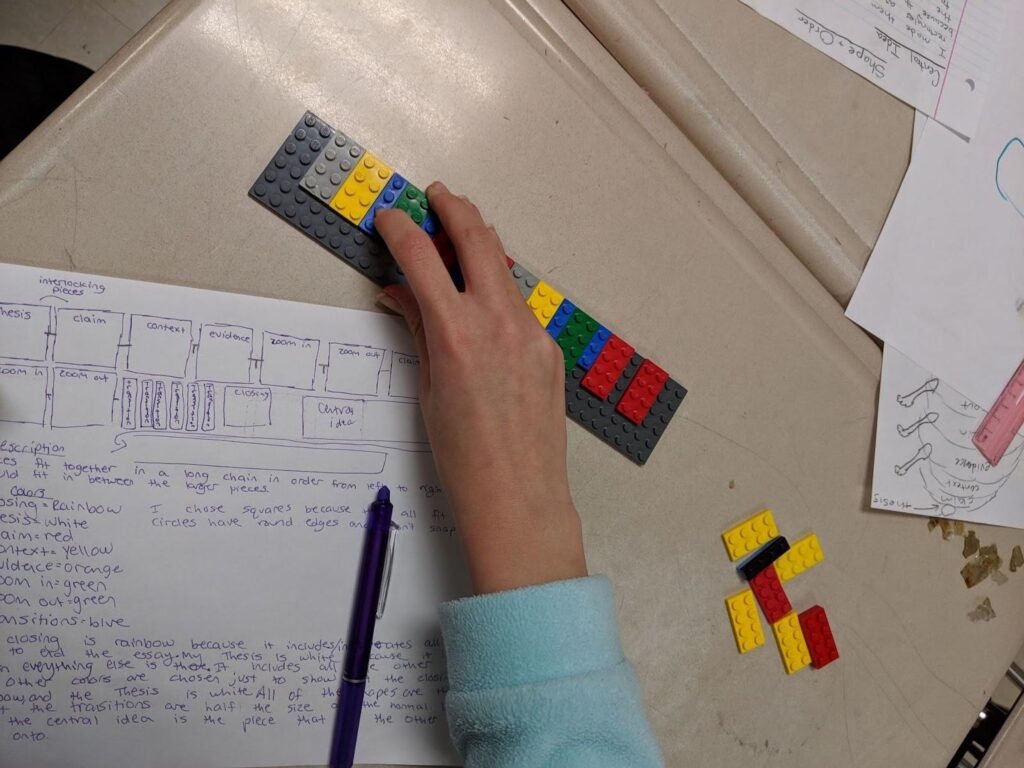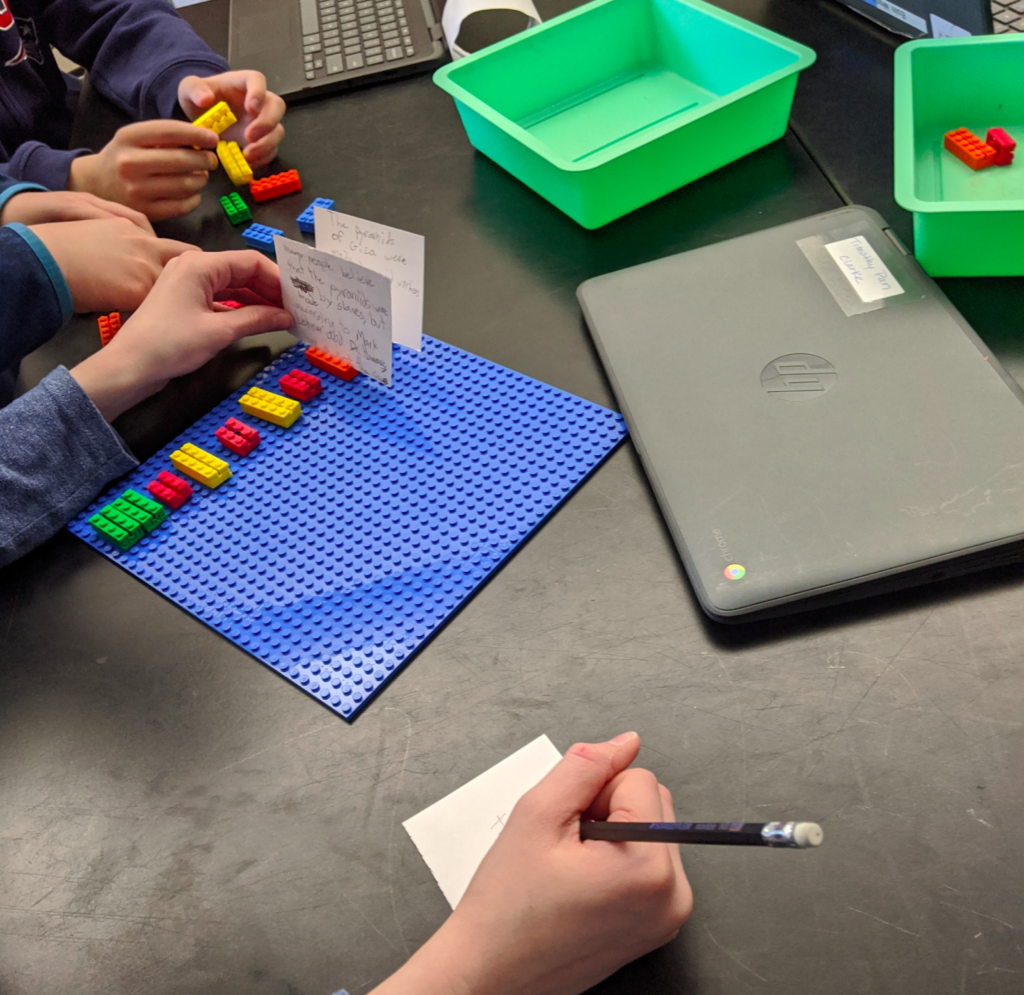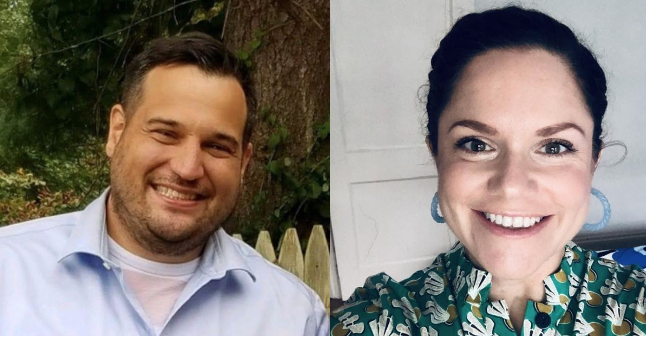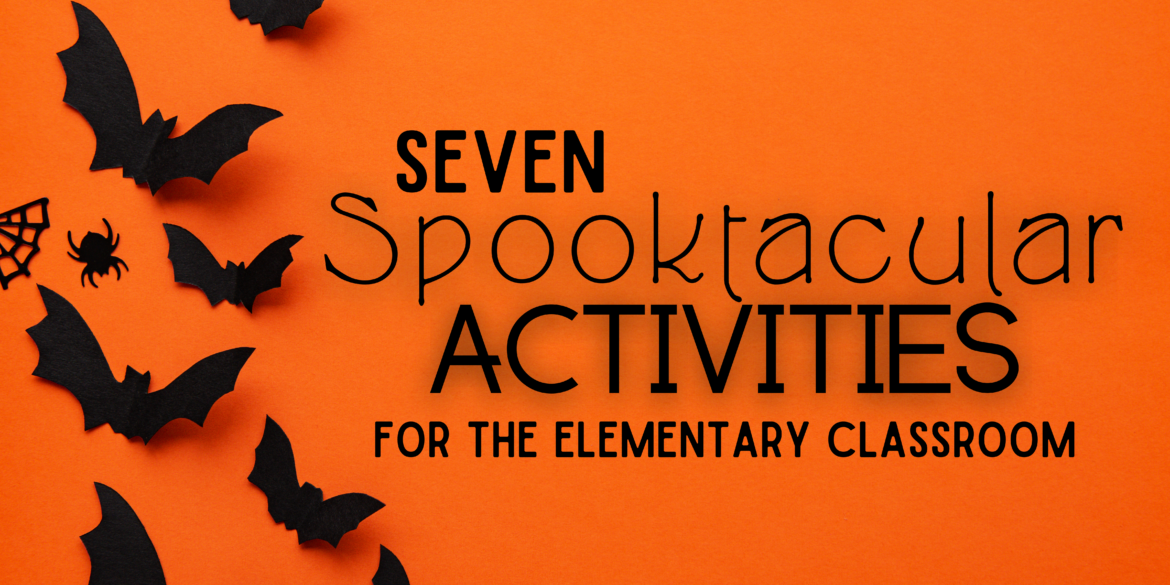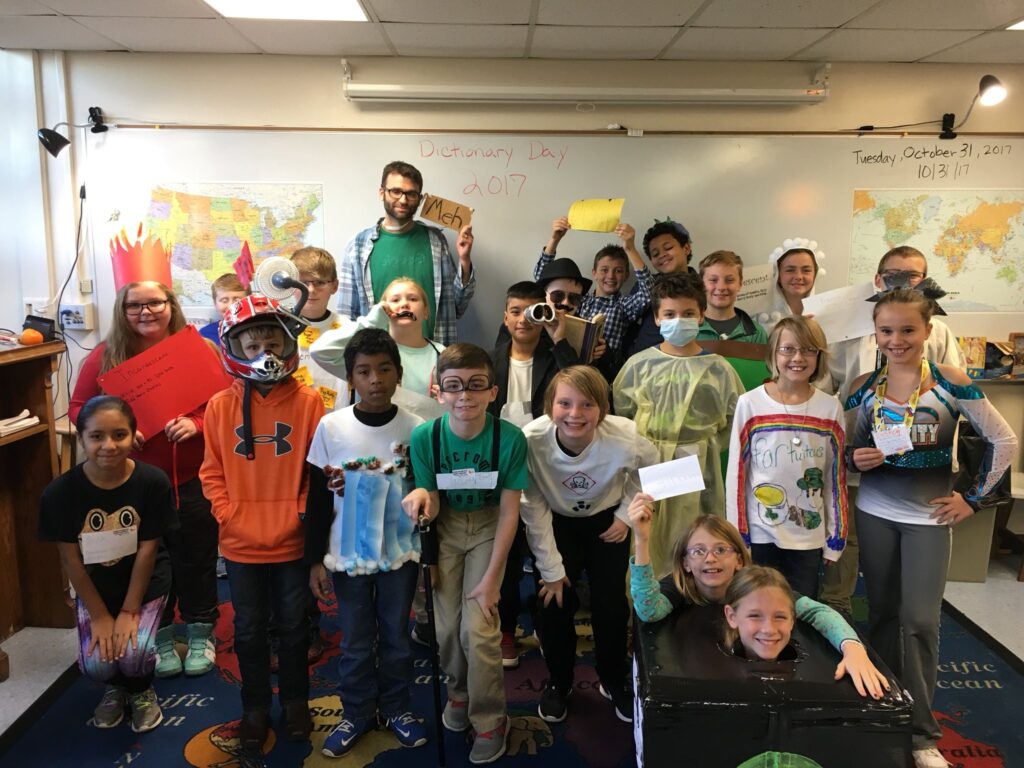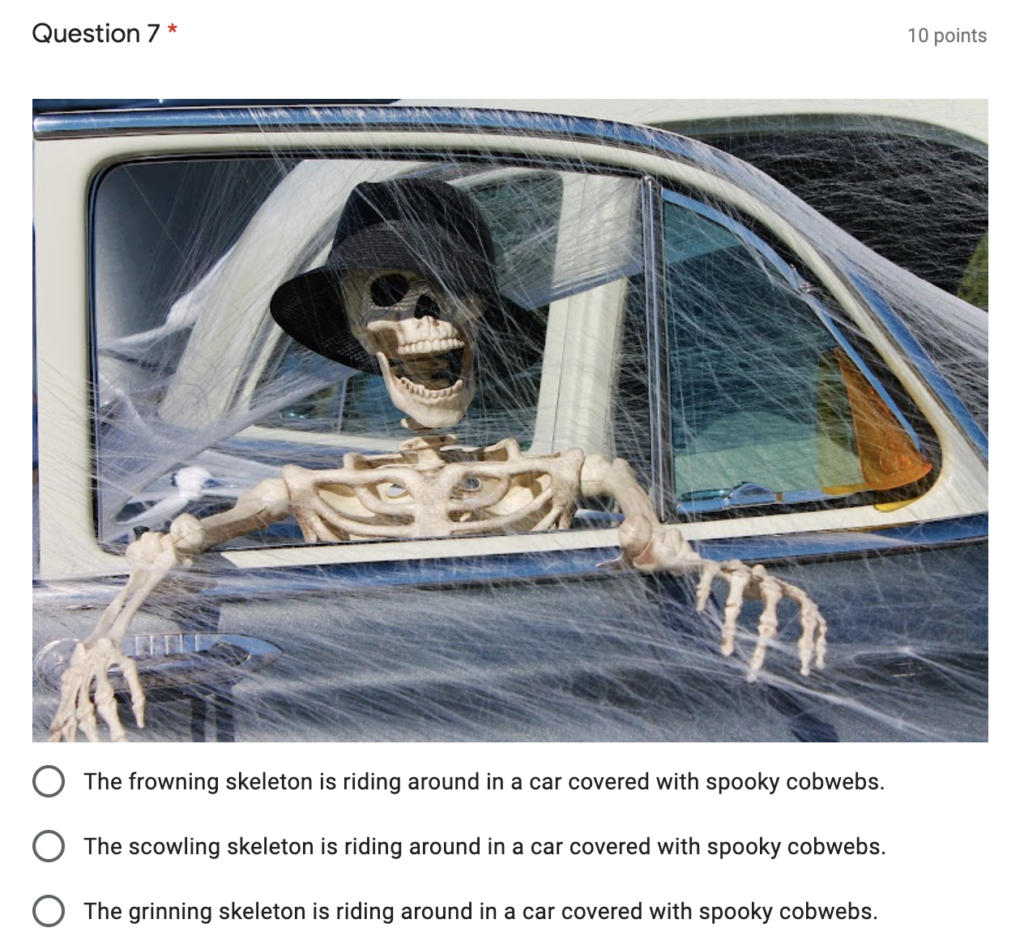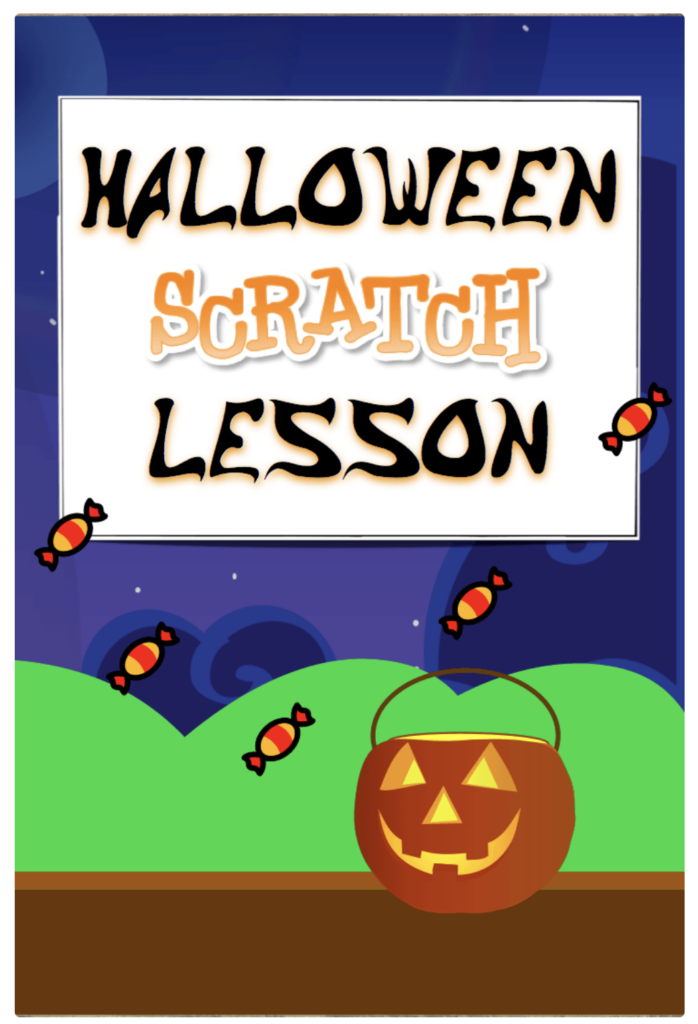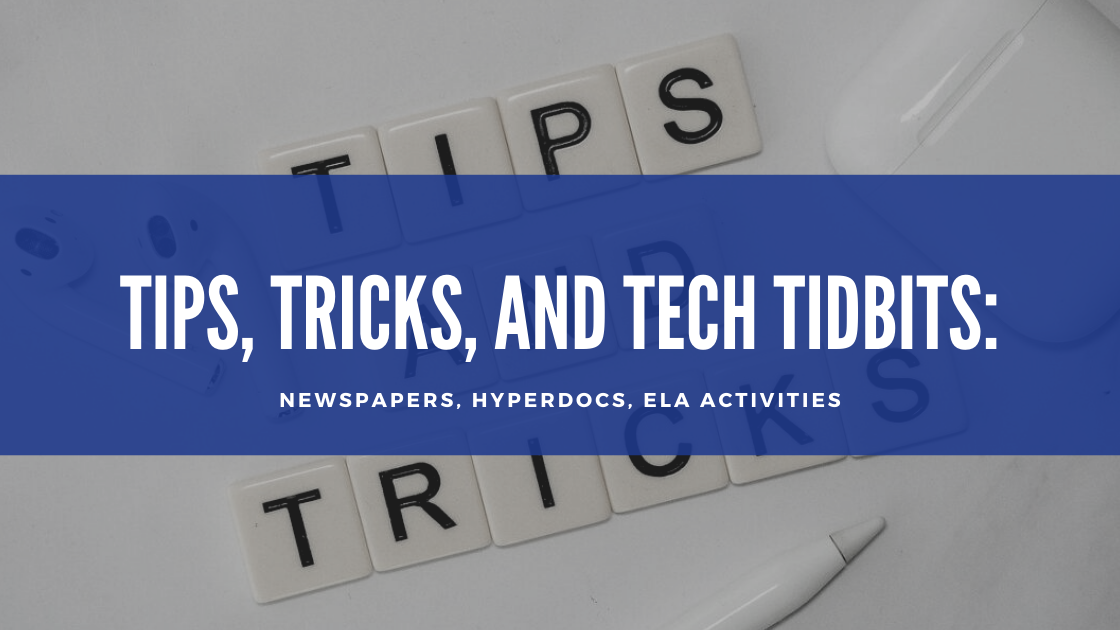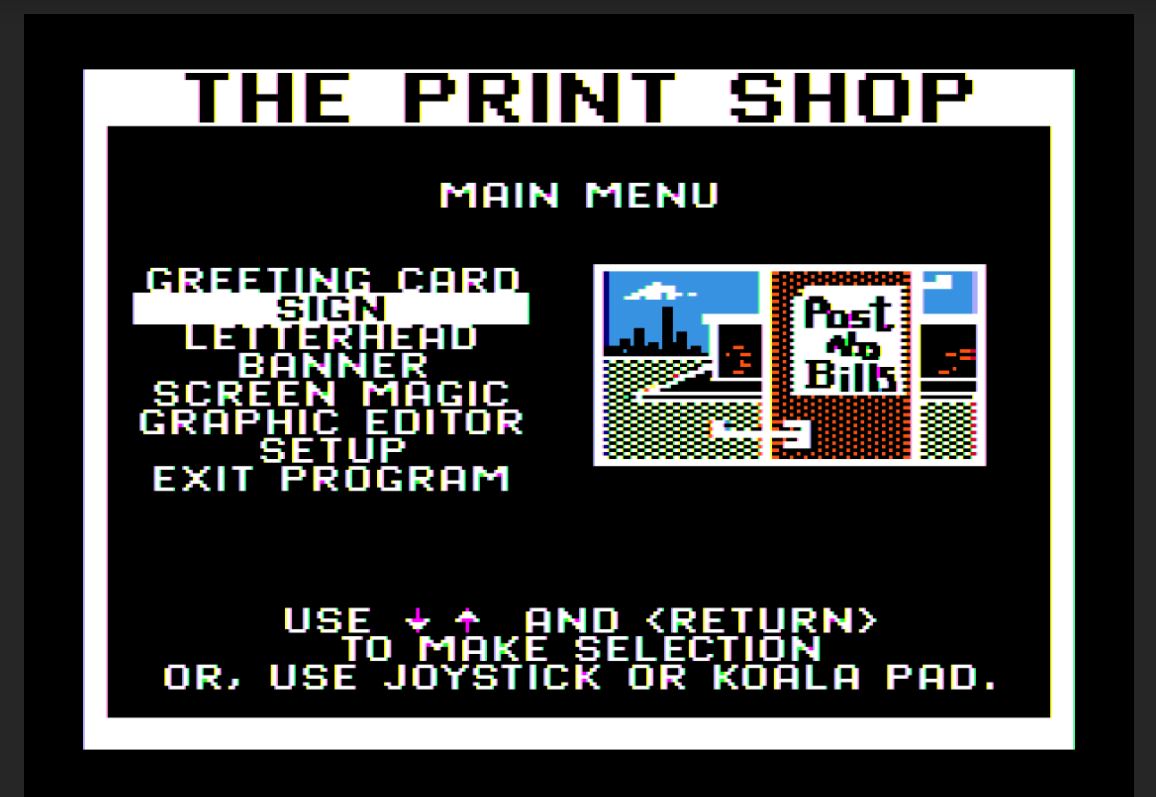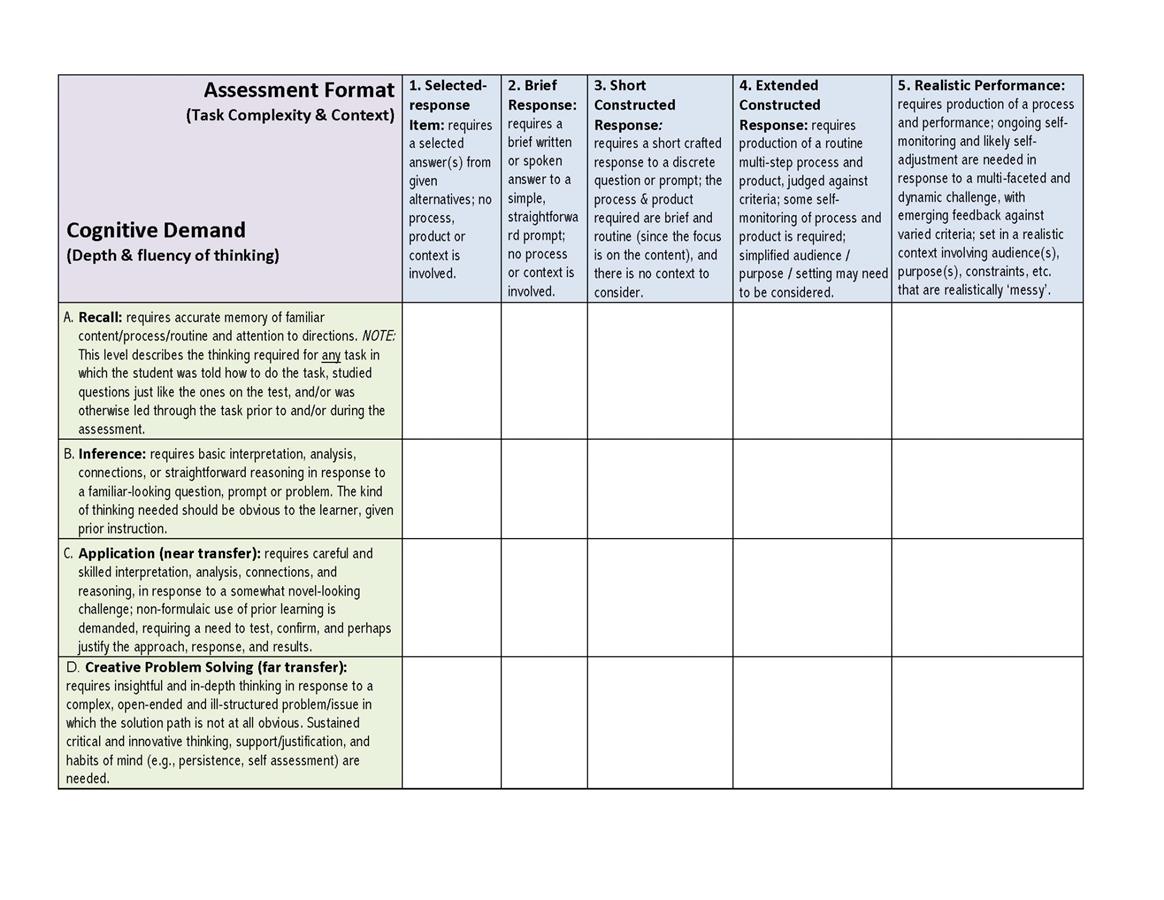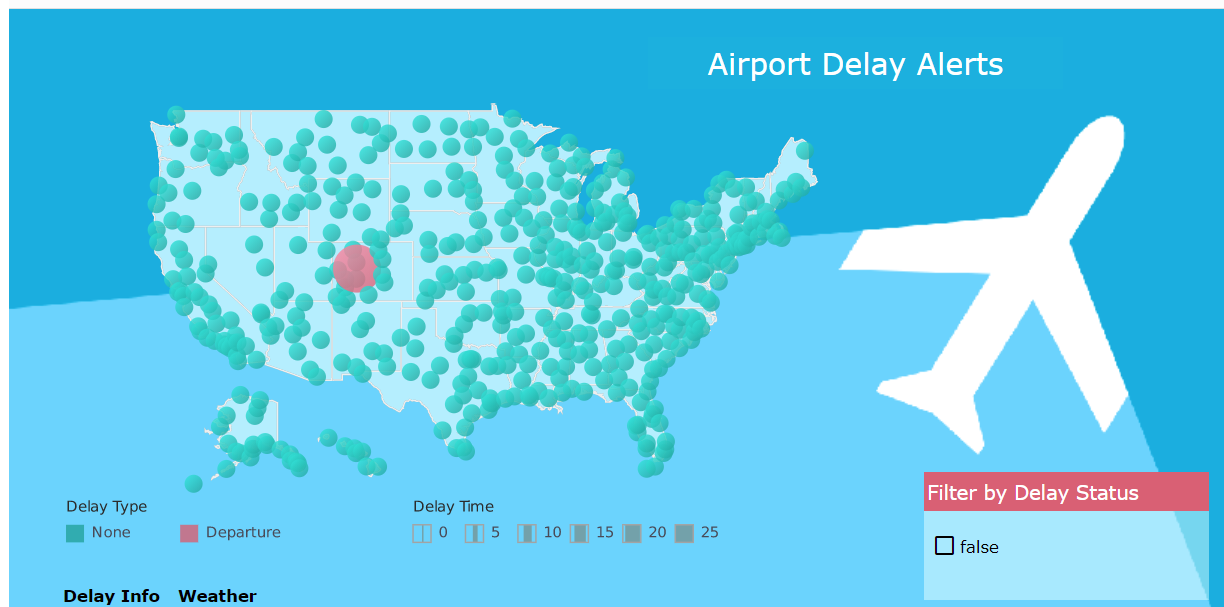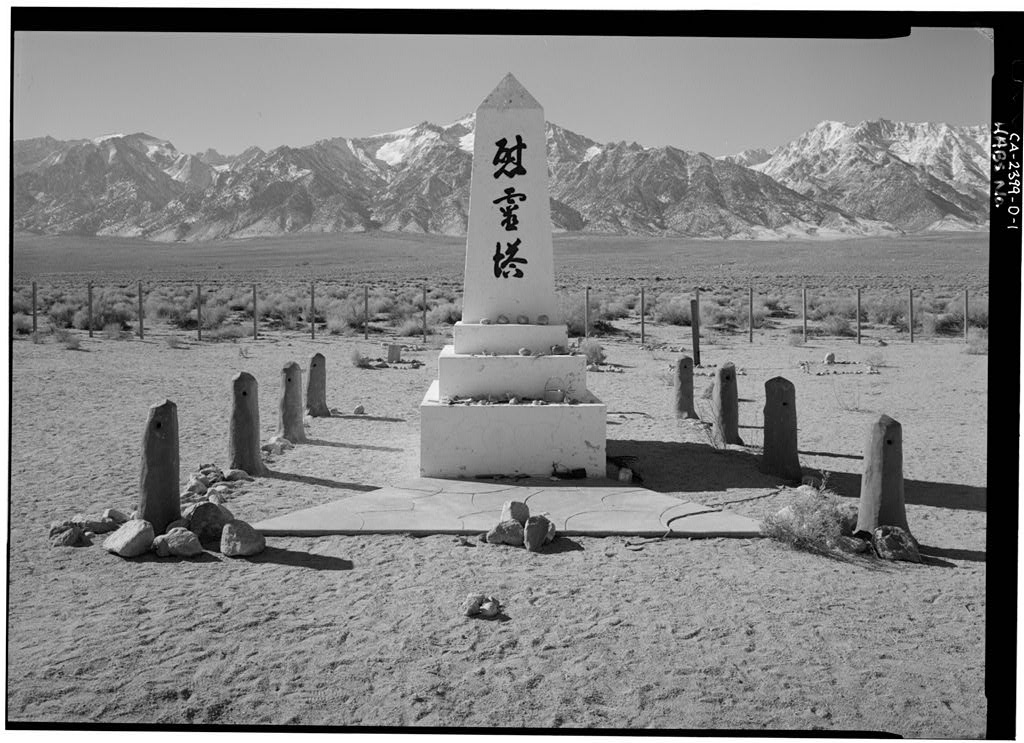Are you looking for a way to engage your students with content? Tired of the same old routines? Think about integrating touch-based robots into your curriculum. Most teachers, when they hear the word “robotics,” immediately think, “Nope. Not me.” or “I have no clue.” Coding a robot can seem daunting! That was our first thought when we were asked to integrate robotics into the regular curriculum. Luckily, kids have no problem trying something new! Here are some simple ideas for you to try as first steps to integrating robotics into content area instruction.
Types of Robots
First, there are so many different types of robots! Some are simple, like Bee-Bots, Code and Go Mouse, or VEX 123. With these types of robots, you simply push buttons and go. Many videos are available on YouTube to show how easy it is to program these. They help students focus on creating algorithms and learning executive functioning skills like critical thinking and problem solving. Additionally, you’ll see that the mats used with these robots can be very versatile! You can easily adapt them for whatever skill you want students to practice – from phonics to addition and subtraction.
Getting Started with Robots
Our first lesson is simply setting a structure and having students learn to program the robot and use the mat. We have them write their algorithm on a whiteboard or a planning guide, program the robot, press start, and see what happens. The key is classroom management. Set a structure of making students think and plan before touching the robot. This engages critical thinking. Once students have the planning and programming down, you’re ready to go. And they catch on very quickly!
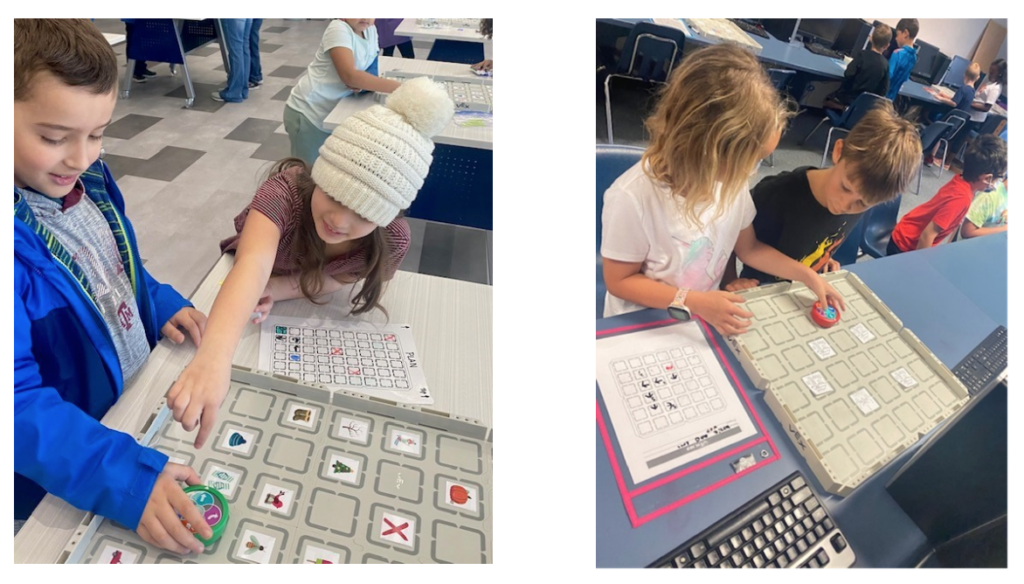
Many teachers will say they do not have time to teach the regular curriculum, much less to play with robots. The key is to incorporate both into lessons! I’m going to share some types of lessons we’ve had success with in my district. Most are done in the classroom, but some are in the library’s Makerspace. We are still in the pilot phase of integrating content and robotics, but hopefully, some of these ideas can work for you.
Example Activity Using Robots in Math
In math stations, students practice a variety of skills. Why not add robots? One favorite activity is rolling the dice and practicing addition, subtraction, and coding robots with One More, One Less, or Two More, Two Less. This lesson can be differentiated based on students’ personalized learning needs.
How to Play:
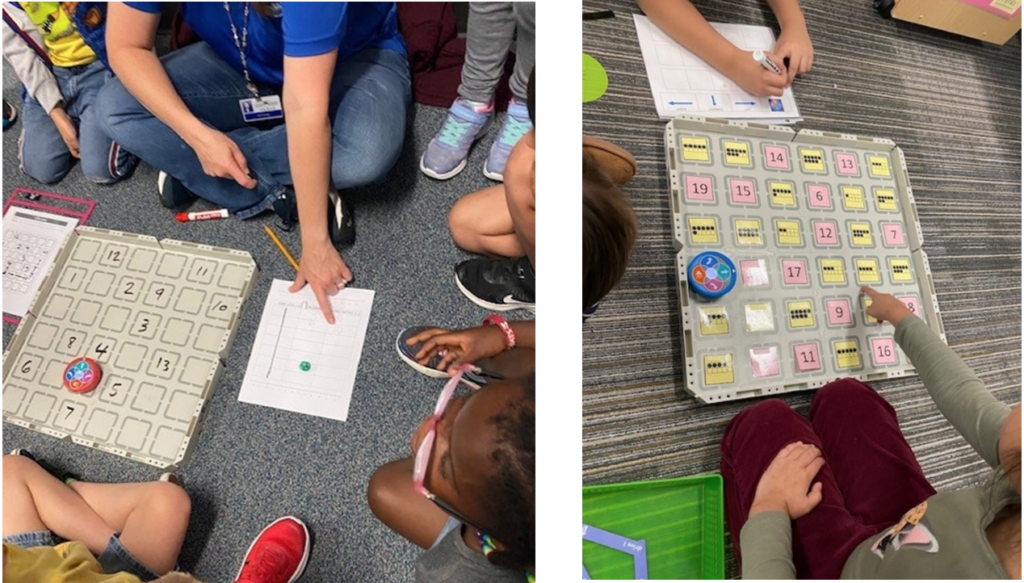
- First, students place the robot on the number 1 or a designated “Go” or “Start” square on the mat.
- Students roll the dice. You can differentiate by using different types of dice or rolling more than one to make it more challenging.
- Write down the number rolled (for example, 6).
- Do the appropriate math (for example, if you’re playing Two More, you add 2: 6 + 2 = 8).
- Find the number from the answer (8) on the mat.
- Write out the algorithm for coding the robot to go from where it is on the mat, to the number in the answer (for example, straight 2, right 2, left 1, straight 3).
- Program the robot to go from where it is on the mat (1 or “Go”) to the number from the answer (8). Press start!
If the student programs to the wrong number, they can take another turn, or another person can take a turn programming the correct number. Notice that sometimes we make cards to tape to the robot mat and other times we simply write numbers with an Expo marker. You do not have to be too fancy! Students are happy to simply engage with the robot. Can you think of other math concepts students could practice using robots?
Robotics and English Language Arts (ELA)
There are so many content ideas for ELA. In the lower grades, the focus can be on retelling a story or telling the beginning, middle, and end of a story. Simply change out the content cards on the mat and students become engaged in coding the robot to retell a story. Phonics practice is also important, and it is hard to make it fun. Teachers have created lessons helping students to learn contractions, CVC words, CVCE words, different word families, and diagraphs with robots. Once students learn a concept, it is easy to change the topic to practice a new one using the mat.


Science Review with Robots
Science started easy with students coding the robot to a picture that showed either a living or non-living thing. After teachers saw the engagement level with the students, they created a “Four Seasons” mat to review what type of clothing and weather goes with each season. Third graders practiced reviewing solids, liquids, and gases. Fifth grade students in Texas take the Science STAAR assessment, and teachers wanted a fun way to review material. Amanda Hughes at Ed White E-STEM created a Water Cycle mat with question stems to review important vocabulary and knowledge. The sky really is the limit to what you can practice!

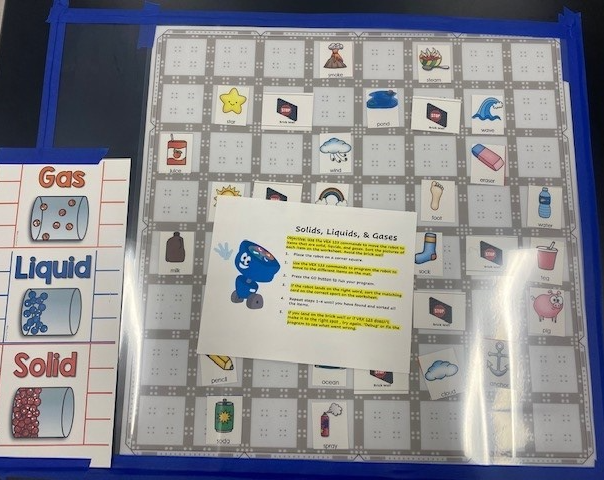

Using Robotics in Social Studies
Developing lessons in social studies has been fun for teachers. For one activity, we had students identify the continents. Images of the continents were placed on a mat, and students were tasked with locating a continent and coding the robot to move to it. In the first iteration of the lesson, we had the image of the continent labeled with its written name on the mat. The students simply had to match the card and code. To make it harder, we then used images of continents without their names. The students drew a continent card, found the continent on the mat, and then coded.
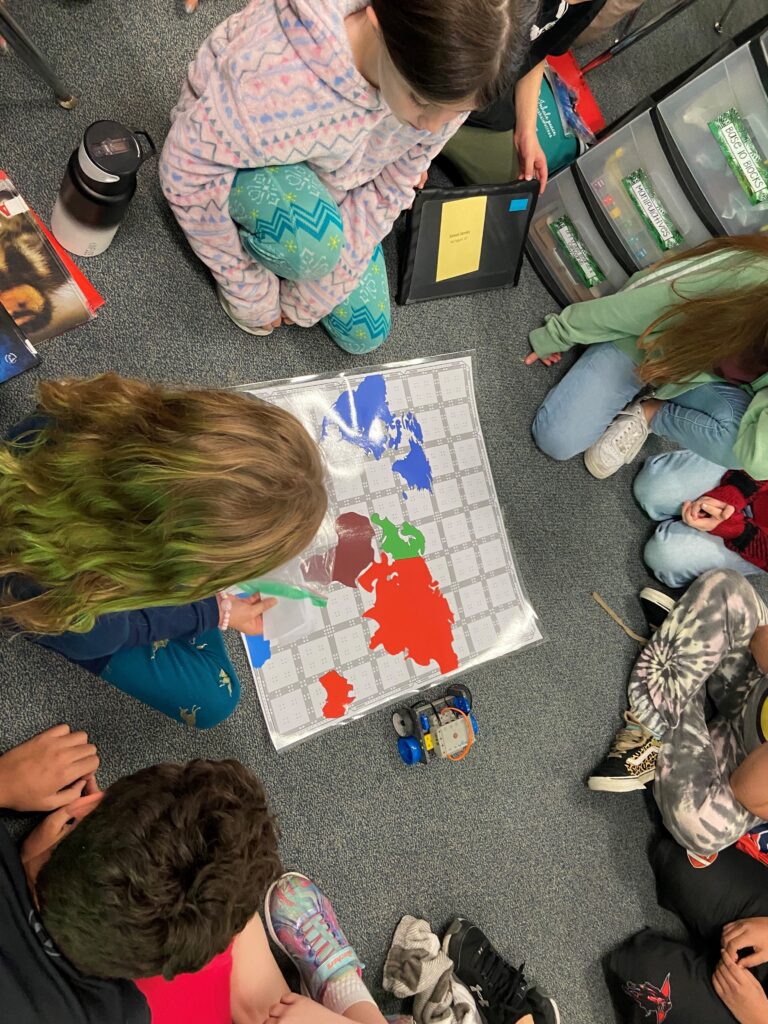
The same structure works with a variety of topics. You could code the robot to important mountain ranges in Texas. Or code the robot to important cities or places in the United States. Upper grades had students design their own content-based robotics games about important places in the American Revolution.
Robotics is an engaging and fun way for students to learn the core content curriculum. Hopefully, a few of these ideas will inspire you to try something on your own!
Don’t miss Laura Mackay at TCEA’s Elementary Technology Conference in Galveston, Texas! She’ll be presenting two sessions: “Integrating Scratch Coding and Core Curriculum” and “Robotics for Littles – Using VEX 123.” Only a few days left to register!

